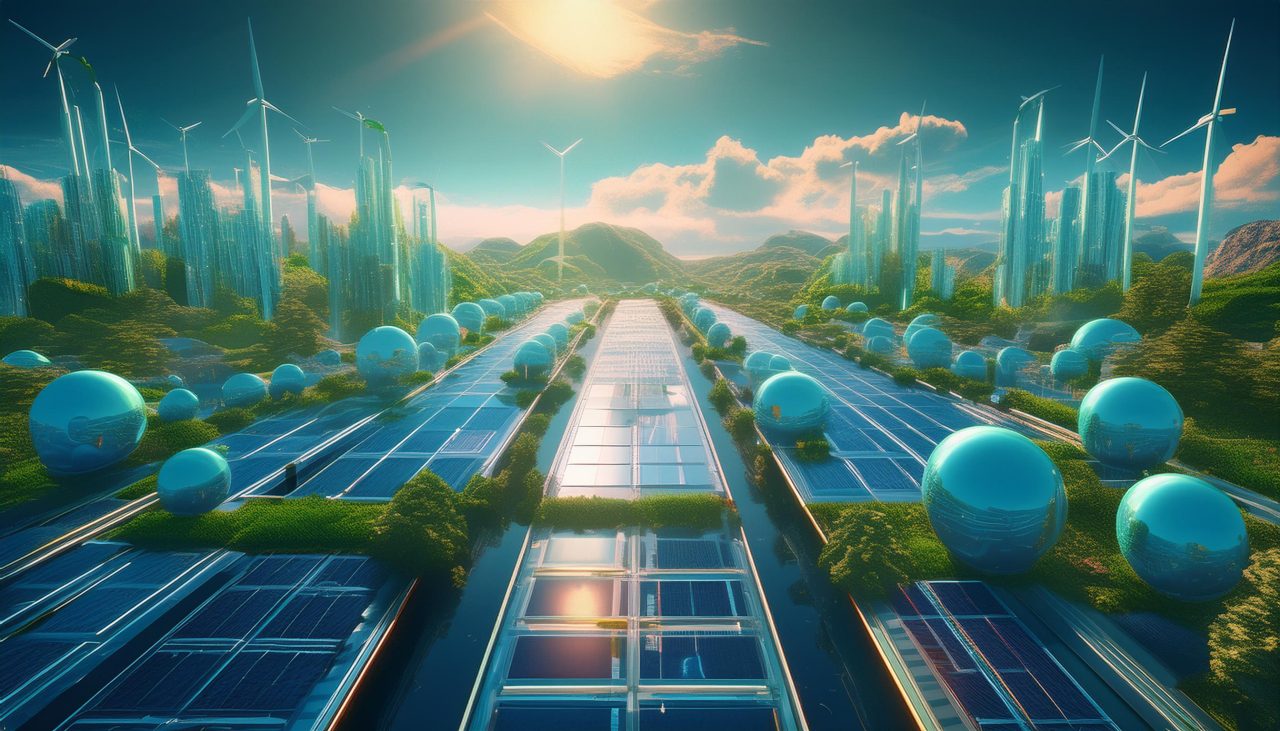Intensive Trainings

- This event has passed.
Hydrogen and Carbon Capture & Storage Technology Masterclass
23rd September 2024 - 24th September 2024

Why Choose this Training Course
Carbon capture and storage (CSS) is seen by many as a necessary transition technology whilst the world builds out the renewable energy system. And this is not limited to power generation.
Today, more than 95% of the world’s hydrogen is made from fossil fuels (coal and natural gas), so CCS can play a significant role in reducing the CO2 emissions related to this production. With the hydrogen sector expected to grow exponentially across the globe in the coming years, it has become a necessary innovation.
For example, the United Kingdom (UK) recently set a target to produce five gigawatts of hydrogen by 2030, representing a 40-fold increase from the current situation. This ambition is replicated worldwide where national hydrogen strategies, often explicitly citing the need for decarbonising industrial sectors such as construction, steel and cement, have appeared regularly
over the past year.
The journey to a new, low-emission energy system will be challenging and require much innovation. This momentum towards netzero continues to build, calling for many industrial sectors to find ways of decarbonising their operations. Hydrogen is likely to play a significant role, especially in sectors where eliminating emissions is particularly difficult. Early engagement with those low- or zero-emission projects will enable fast movers to reap the maximum from the opportunity presented.
This hydrogen CCS training course aims to provide a practical guide to enable companies to make informed decisions and plans based on the real opportunities that are emerging as the global CCS sector develops. Delegates will be guided to where early opportunities are most likely to lie, who is involved and how to get in front of them.
Who Should Attend
- Existing energy companies particularly those who are already part of the engineering, oil and gas, steel, construction and shipbuilding oil and gas supply chain and those looking to future-proof their capabilities
- The CCS clusters who well-placed to drive the regional industries forward, often including a significant hydrogen
component - Those with steelmaking, shipping, construction and automotive interests
- Companies seeking to enter the CCS sector and wider hydrogen value chain with its myriad opportunities in a market
valued in the billions of dollars
Key Learning Objectives
- What is carbon capture and storage (CSS)?
- Carbon capture by emission sources and fundamental approaches: pre- and post-combustion, oxyfuel, and industrial processes
- Overview of current technologies applied (how to remove the CO2 from process streams, solvents, amines)
- Evaluation of technologies: techno-commercial (including licensors)
- Cost structure, learning curves: challenges and opportunities
- CCS business models, CO2 pricing and negative emissions
- CCS projects: overview, discussion and deep dives into case studies
- H+CCS and other paths in the energy transition
- Policy and regulatory perspectives: global initiatives and national nuances



